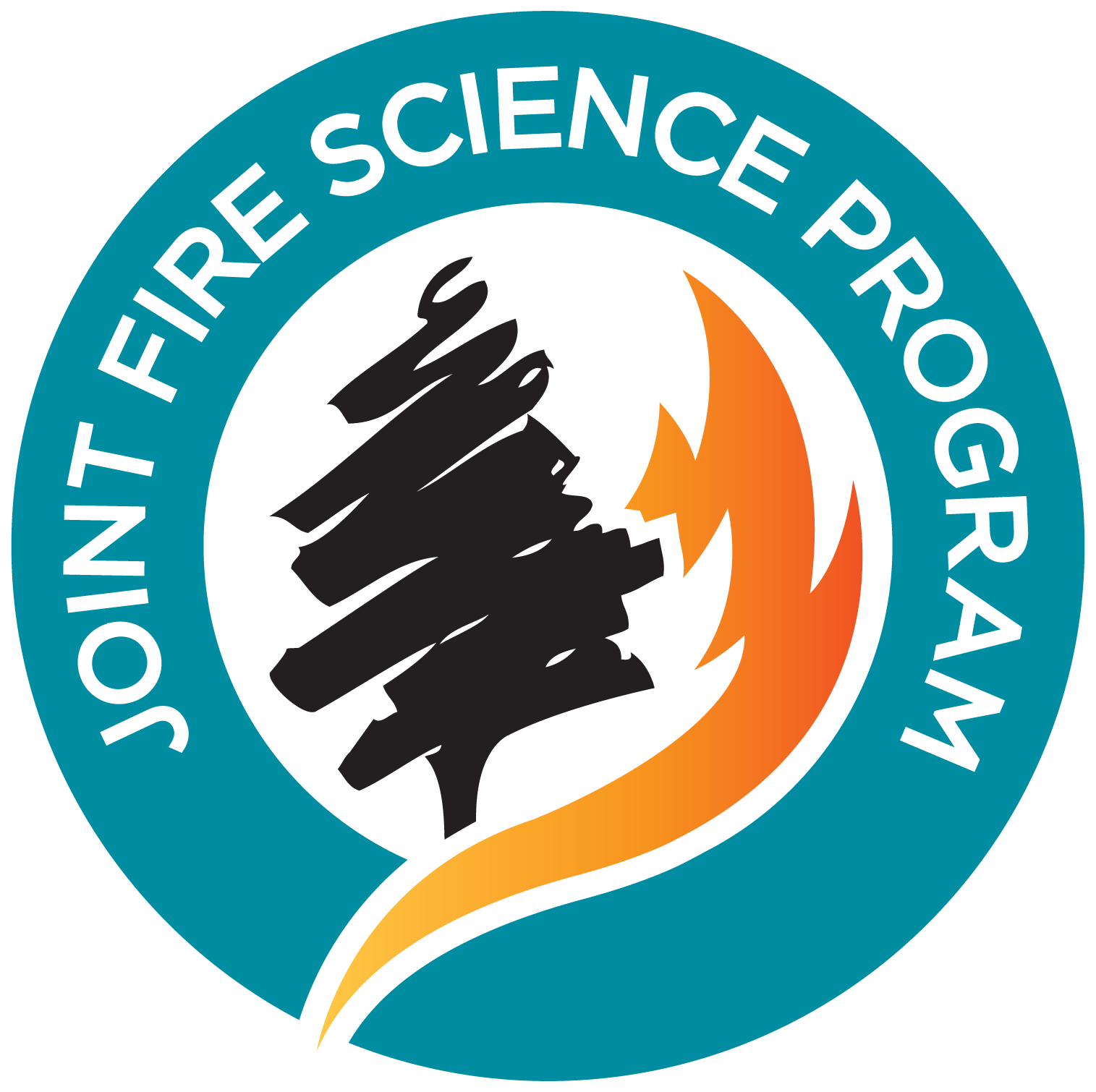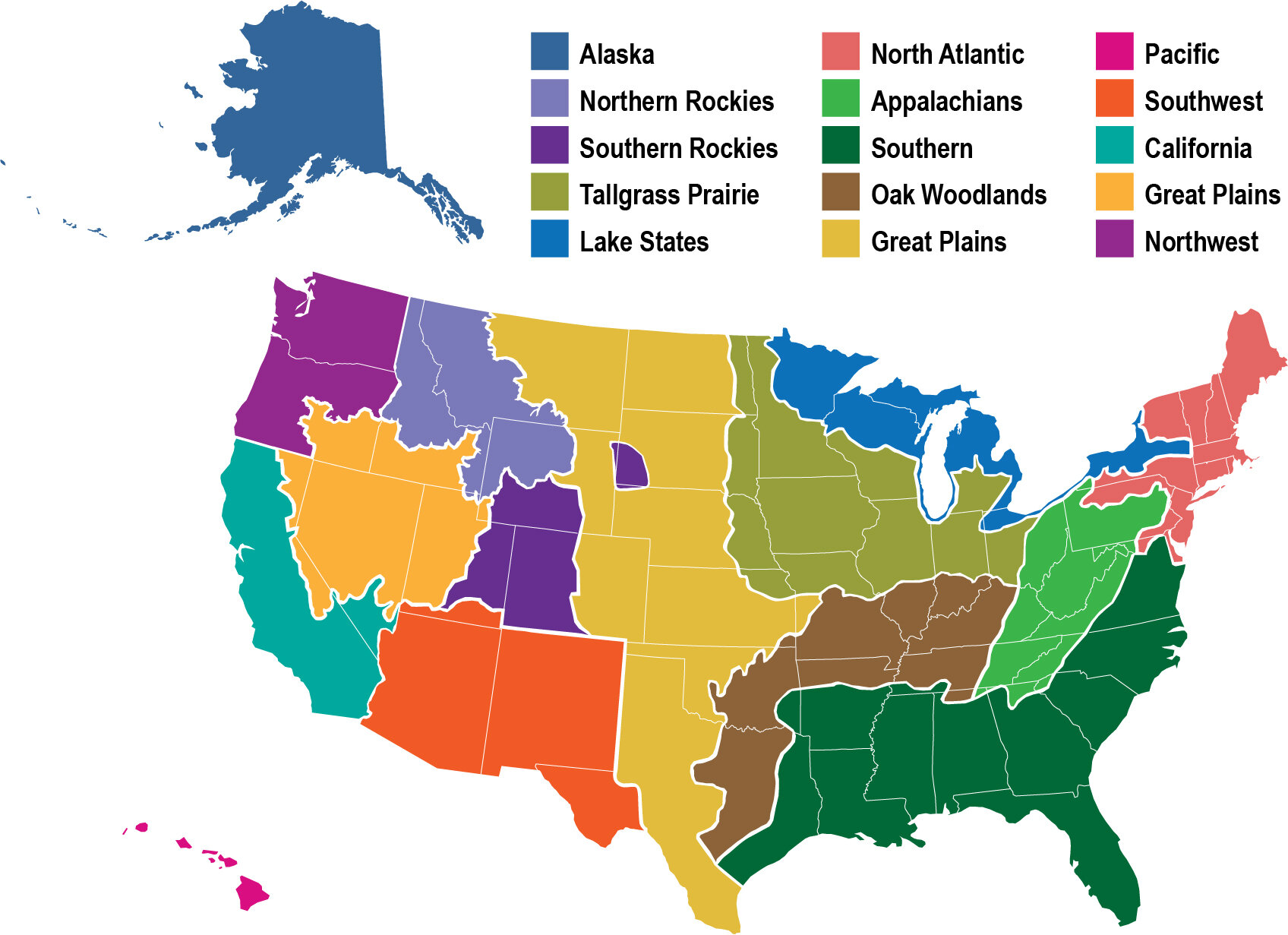Imagining (and then designing) coherent, adaptation-oriented laws about wildfire
A virtual lecture presented by Phil McCormick, PhD
View PDF flyer here >
Part of the
2022 FERAL* Lecture Series
Sponsored by the California Fire Science Consortium and the Safford Lab at the University of California-Davis
now Feb 22, 2023
Abstract: Since 2010, Australian national and state governments have commissioned at least 101 post-emergency inquiries and reviews, each of which makes recommendations to improve the way we prevent, prepare for, respond to and recover from wildfires. Many of these reviews recommend specific changes to laws and policies, for example, to simplify permitting processes for clearing native vegetation and mitigating fire hazards. Of course, catastrophic wildfires are a growing challenge around the world, not just in Australia. Fires are breaking records for size, severity and cost every other year, and ‘unprecedented’ events are becoming distressingly common. As a result, recognition that changing fire regimes will require changes to the rulebooks, is also not limited to Australia. In California, governments have passed laws that have begun to address issues with liability and insurance arrangements for prescribed fire and to promote the reintroduction of cultural fire management.
In this presentation, I take a step back and ask: what might it look like to design a great legal framework for the kinds of fire regimes that we are going to see in future? And how might we improve the role of law in facilitating rapid adaptation to increasingly frequent and destructive wildfires, to preserve the hope that we might one day live well with fire?
Bio: Phil McCormack is a Research Fellow in the Adelaide Law School at The University of Adelaide, and Early Career Research Fellow with Natural Hazards Research Australia. Her research focuses on legal frameworks for facilitating climate adaptation and conserving biodiversity as wildfire regimes change. Phil’s recent research includes a comprehensive analysis of the legal framework for bushfire in Australia, the ways in which Australian laws purport to ‘share responsibility’ for hazard reduction with private landholders, and analyses of legal mechanisms for beneficial fire.
From flames to inflammation: how wildfires affect patterns of wildlife disease
A virtual lecture presented by Greg Albery, PhD
Part of the
2022 FERAL* Lecture Series
Sponsored by the California Fire Science Consortium and the Safford Lab at the University of California-Davis
Wednesday, October 19, 2022 12:00 – 1:00 PM Pacific
Abstract: Fire strongly affects animals’ behaviour, population dynamics, and environmental surroundings, all of which are likely to impact their immune systems and exposure to pathogens – however, little work has yet been conducted on the effects of wildfires on wildlife disease. This research gap is rapidly growing in importance because wildfires are becoming globally more common and more severe, with unknown impacts on wildlife disease and unclear implications for livestock and human health in the future. In this talk, I discuss how wildfires influence susceptibility and exposure to infection in wild animals, and the potential consequences for ecology and public health. In my framework, I outline how habitat loss and degradation caused by fire affect animals' immune defences, and how behavioural and demographic responses to fire affect pathogen exposure, spread, and maintenance. Finally, I discuss avenues for future investigations of fire-disease links, possible application of our knowledge, and the extension of the framework to a range of other natural disasters.
This talk is based on a review in Fire Ecology, available here.
Bio: Greg Albery is a disease ecologist working at the intersection of animal behaviour, evolutionary ecology, and global change biology. He specialises in spatial and social network analyses of individual-level wildlife systems, and is increasingly applying this expertise to broad, cross-system macroecological datasets. The research consortium that he co-founded, Verena (viralemergence.org), is focused on connecting fundamental mechanisms of the host-virus network with global processes and pandemic risk, and was recently awarded an NSF Biology Integration Institute grant to establish a centre at Georgetown University. He is currently based between multiple institutions, including the University of Edinburgh, Georgetown University, and the Leibniz Institute in Berlin, Germany, where he also exists physically. Email: gfalbery@gmail.com
The Southern California Montane Forests Project: A Climate-Informed Conservation Strategy
A virtual lecture presented by Sarah Hennessy, PhD and Megan Jennings, PhD
Part of the
2022 FERAL* Lecture Series
Sponsored by the California Fire Science Consortium and the Safford Lab at the University of California-Davis
Thursday Sept 29, 2022 2:00 – 3:00 PM Pacific
Abstract: Southern California’s montane forests are “sky islands” of conifer and hardwood forests, sensitive species habitat, and important water catchments. These forests are facing rapidly intensifying stressors and disturbances that are exacerbated by climate change. The goal of the SoCal Montane Forests project is to advance our collective understanding of the vulnerabilities and challenges facing these forests and to identify opportunities and strategies for increasing forest resilience.
Through collaborative planning sessions, guided by stakeholder input, we are developing a scientific assessment and creating a conservation strategy for southern California’s montane forests. Products from this effort will include an adaptation menu, a planning framework that incorporates projections of future climate exposure, and a natural range of variation study. The project uses an all-lands approach to managing forestlands in a range of conditions, including postfire forest stands. In our talk, we will describe the unique ecology of the SoCal montane forests and provide an overview of our stakeholder-based planning process.
The SoCal Montane Forests project is a collaborative partnership among the Climate Science Alliance, US Forest Service Pacific SW Region, Institute for Ecological Monitoring and Management at San Diego State University, and the USGS Southwest Climate Adaptation Science Center. Funding is provided by USGS Southwest Climate Adaptation Science Center.
Watch recorded webinar on Youtube: https://youtu.be/2W_udd2pQJ8
Bios:
Dr. Sarah Hennessy is an Associate Ecologist for the U.S. Forest Service and coordinator for the Southern Montane Forests Project. In this capacity she serves the four National Forests in Southern California: the Cleveland, San Bernardino, Angeles, and Los Padres.
Dr. Megan Jennings is a Research Scientist at San Diego State University and is a member of the leadership group for the Project. Her research interests include refugia-based modeling for the primary vegetation types of Southern California, climate-adapted habitat connectivity planning, and the dynamics of habitat connectivity.
*Forest Ecology Random Lectures, open to the public





